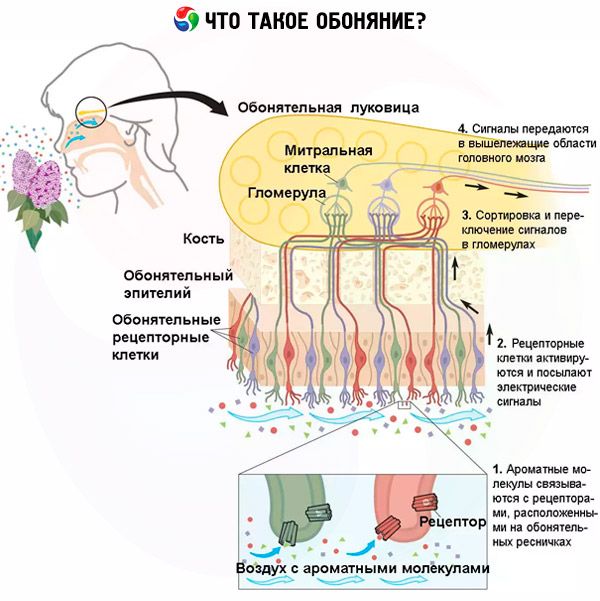New publications
One of the signs of imminent death has been identified
Last reviewed: 02.07.2025

All iLive content is medically reviewed or fact checked to ensure as much factual accuracy as possible.
We have strict sourcing guidelines and only link to reputable media sites, academic research institutions and, whenever possible, medically peer reviewed studies. Note that the numbers in parentheses ([1], [2], etc.) are clickable links to these studies.
If you feel that any of our content is inaccurate, out-of-date, or otherwise questionable, please select it and press Ctrl + Enter.
Experts say that an adult who has lost his sense of smell has every chance of dying suddenly.
The Huffington Post draws attention to the fact that just a few years ago, doctors associated the loss of smell with Alzheimer's disease. But one of the latest scientific experiments has provided new information: it turns out that this is not entirely true. The loss of the ability to smell is not only a sign of Alzheimer's disease, but also a symptom of approaching death.
"Anosmia" is the term medical professionals use to describe the loss of the ability to smell. In most cases, this condition is associated with pathologies in the nasal cavity (for example, sinusitis) or in the brain.
The latest study, which examined volunteers aged 40 to 90, found that a deterioration in the sense of smell was in many cases closely linked to a real risk of imminent death. Over the course of the ten-year experiment, more than four hundred of its participants died: a total of about 1,800 volunteers took part in the study.
Researchers from the Department of Demography at Stockholm University looked at the general health of the participants and the functional characteristics of their brains. They found that the risk of early death increased for people who lost their ability to distinguish smells during the study. In percentage terms, the risk of death increased by almost 20%.
"The information obtained cannot be attributed to senile dementia, including vascular etiology, although dementia and loss of smell were often identified earlier. First of all, the risk of premature death was clearly associated with anosmia," says Professor Jonas Olofsson, one of the leading leaders of the study. "In the course of further experiments - and they will definitely be - we will try to clarify the course of biological mechanisms in order to reveal in detail all the secrets of such a phenomenon," the professor adds.
Many scientists, having analyzed the information received, confirm the hypothesis that the loss and decrease of olfactory function can be considered the result of age-related changes in the brain.

Of course, such cases do not include anosmia associated with changes in the state of the nasal septum, with brain injuries. In addition, cases of congenital anosmia are not uncommon - when children are born without the ability to determine any smells. The experiment was based on the loss of smell in adulthood, without specific, clearly substantiated reasons. Therefore, before drawing conclusions and sounding the alarm based on the results of this study, it is necessary to visit a doctor. It is desirable that this be a narrow specialist - for example, an otolaryngologist, who will be able to give an answer regarding the problem of deterioration of the olfactory function.

 [
[